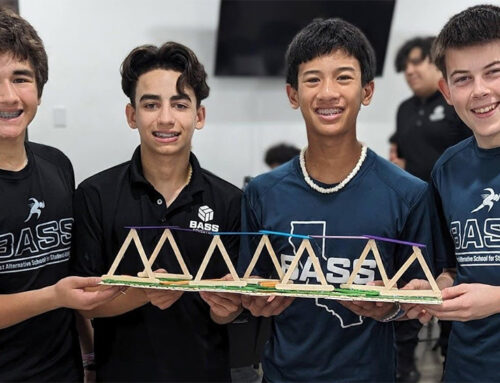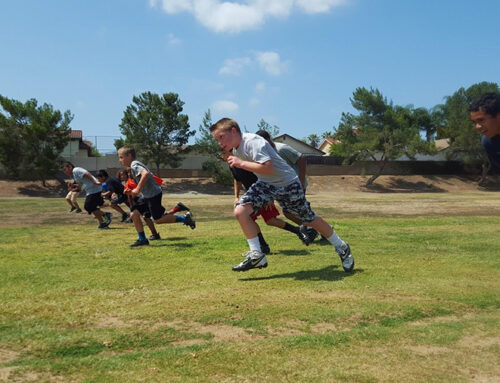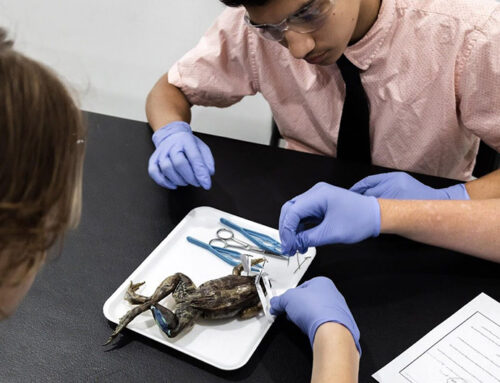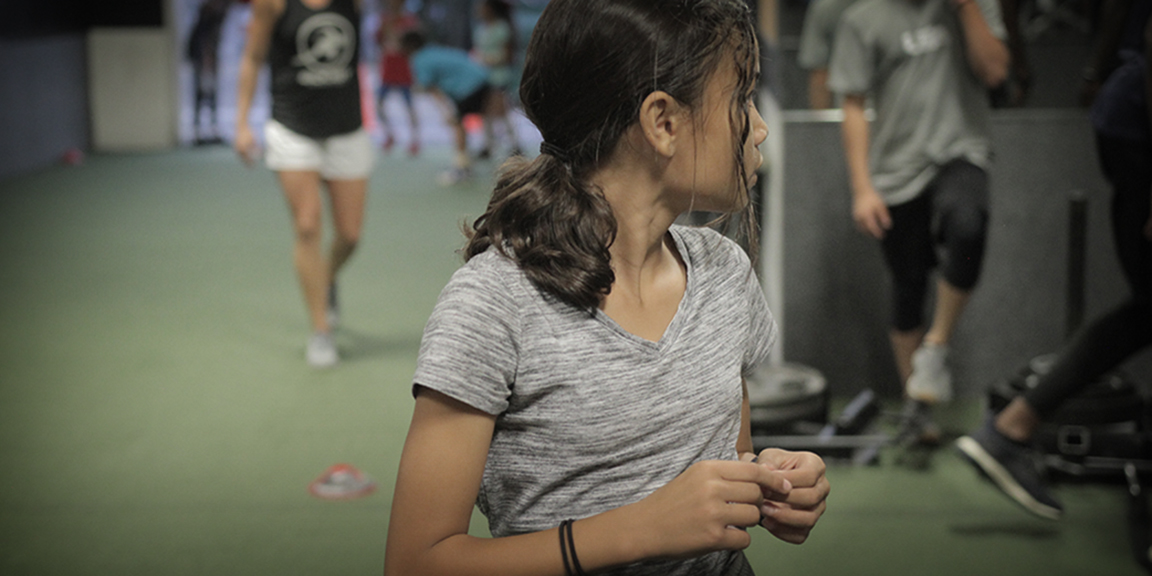
So in Part 1 we dove into some information about what parents should and shouldn’t do with their youth athletes. Agree or disagree, this info is based on 10 years of working with mostly youth athletes, so I’ve pretty much seen it all. While it’s easy to assume I’m speaking to those parents who vicariously live through their kids when it comes to sports, that’s not true. I’ve seen some of the most well-intentioned, seemingly reasonable parents fall prey to some of the nonsense out there. So please don’t think it couldn’t happen to you as a parent, I’m constantly checking myself when I get overly excited about my daughter playing sports. Just the other day she jumped from one plyo box to another (she’s 21 months, and it was more of a big step than a jump) and I was super gassed. So no one is exempt. Now check out these next 5 tips for the next time you find yourself going crazy about one of your child’s big, and small accomplishments.
- 6. Commit to a Philosophy: This is a tough one because there are so many trainers/coaches out there and we all have different philosophies when it comes to developing athletes. But if you want to see real results the key is consistency. Consistency to show up, and consistency to the methodologies of your coach. I find it interesting when I talk to parents about their athlete and they say, “we like to take him everywhere, and do everything”. When it comes to developing any type of skill set, when has this mentality ever been successful? Having too many teachers, coaches, or mentors all pertaining to the same subject will just create confusion, and no real substantial progress. I know for a fact that I have a different philosophy when it comes to speed development than other coaches in my area, and that’s fine assuming we all get real measurable results. But if you’re training with me, I need you to be all in just as many other trainers and coaches would. Getting information overload will only complicate things, and slow down development in the long run.
- 7. Look for Coaches who genuinely care about your child: I’m sure you’ve heard the saying people don’t care how much you know, until they know how much you care. This is a philosophy I take with my athletes because for all my certifications and expertise, if I can’t get an athlete to work hard for me what’s the point? I put a premium on learning athletes names, giving unique feedback and building rapport. It helps me learn more about what makes them tick so I can gain their trust in order to push them. This is an approach that not many coaches take and you as a parent should find. When your coaches genuinely care about your athletes they are willing to invest more energy and time, and that goes a long way.
- 8. Focus on what’s great about sports, not just scholarships: When parents get tunnel vision regarding their child’s athletics, being driven solely off of the need to get a D1 scholarship, they miss all the great intangible benefits of sports that are developed. Leadership & communication skills, teamwork, confidence, & hard work are all qualities that sports can bring to young athletes. Sports can teach skills that go well beyond a person’s athletic shelf life. When it becomes all about signing on a dotted line at a young age kids tend to miss the moments of growth that fuel the fun of competition. When parents focus on those intangible skills that are developed from sports, many times everything else seems to fall into place as it should.
- 9. Don’t believe the hype: Remember that every child’s athletic journey is uniquely their own. Some kids develop fast and therefore are far more advanced than their peers when competing. Others (as I was) are late bloomers, and seem to all of a sudden grow overnight. My point here is that you just don’t know how your young athlete will pan out when it matters most, when they’re 17-18yrs old. I’ve seen seemingly athletic child prodigies fizzle out before their senior year of high school, and I’ve seen scrawny adolescents turn into freaks of nature. Don’t believe the positive or negative hype about your kid, just keep focusing on having fun and developing a passion for sports within your child and let that continue to fuel their growth.
- 10. Keep sports fun!: I’ve said this over and over again throughout this article. When sports are fun, young athletes can develop an authentic passion that leads to a long and fruitful career as a competitor. Don’t let your young athlete burnout, and fall short of reaching their potential. This is always a terrible situation to watch unfold. When sports are fun, it becomes more than wins and losses, D1 scholarships, and being rated. It’s about lifelong relationships, experiences, and nurturing skills that will be beneficial throughout life.
As a new parent, these are ideas I constantly think about as my daughter continues to grow and participate in her first sport. And at the end of day, I’m less concerned about where sports can take her as much as I am about the person sports can help her become. And as parents if we can stick to these ideas as much as possible, we can rest assured knowing that everything will work out as it should.
For more information check out our Programs, or Contact us directly at the Boost Performance Center in Corona, CA.
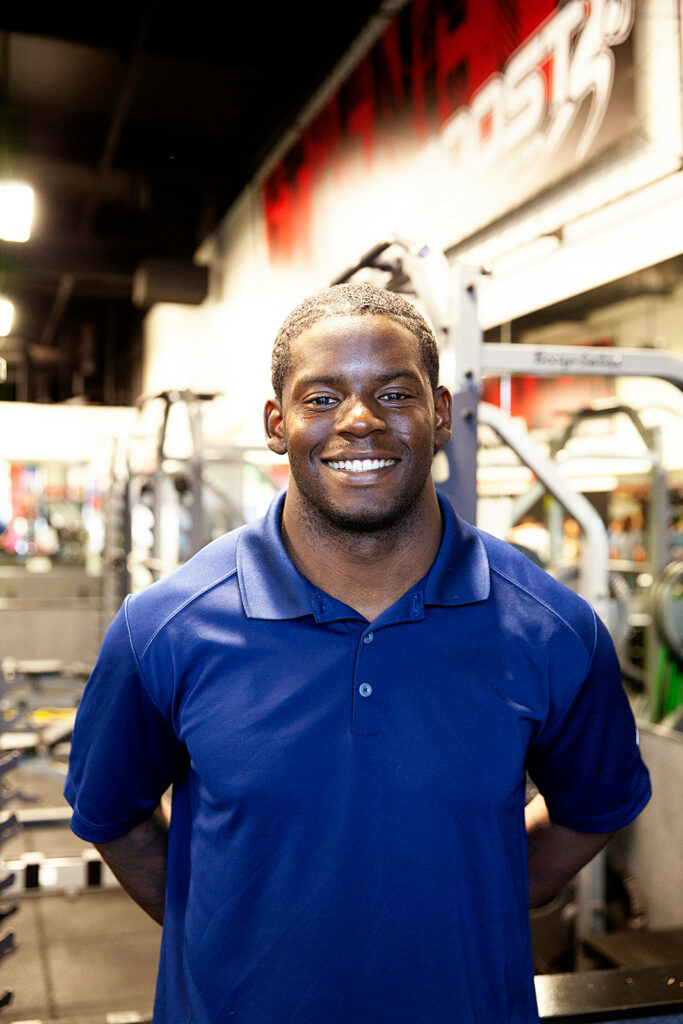
Level 1 & 2 Coach Bommarito Performance
CSCS / USAW

